Meet Dr. Kaplan, our May contributor!

Jeffrey Kaplan is Associate Professor Emeritus, School of Teacher Education, College of Community Innovation & Education, University of Central Florida, Orlando and Senior Doctoral Dissertation Chair and Methodologist, Grand Canyon University. Phoenix, Arizona. Dr. Kaplan is Past-President of the Assembly on Literature for Adolescents (2012-2013) and former Chair of the NCTE Committee on Censorship (2013-2015).
Looking for something to read?
Check out our weekly suggestions!
Are your students looking for book recommendations?
Send them to browse through the picks for this or past years.
For the picks from 2021 click here
For the picks from 2020 click here.
For older picks click from 2019 click here.
For the even older picks click here.
Check out our weekly suggestions!
Are your students looking for book recommendations?
Send them to browse through the picks for this or past years.
For the picks from 2021 click here
For the picks from 2020 click here.
For older picks click from 2019 click here.
For the even older picks click here.
Weekend Picks May 6, 2022
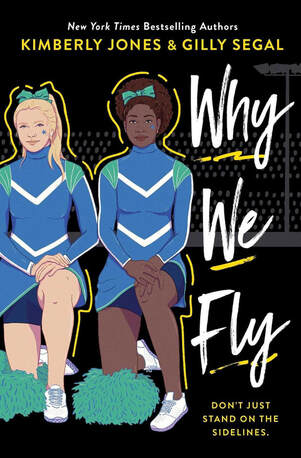
If I could select one book – just one book – to place in the hands of teachers – and parents – and world leaders – I would pick this one – Adele Faber and Elaine Mazlish’s How To Talk So Kids Can Learn at Home and in School (Scribner). This is not a new book (originally published in 1995) – by any stretch of the imagination – but it is a valuable book – and one that my education majors and minors – student teachers and graduate interns – simply, love.
Why? The answer is simple. The advice is pragmatic; the reading engaging, and the layout – fun!
Each chapter presents a different skill – on how to talk to kids so they will listen and learn – or at least, pretend – followed by a user-friendly narrative, edifying cartoon illustrations, and an easy to digest question and answer section. All designed and unified by one major principle – “kids don’t care how much you know – until they know how much you care.”
True, this is not a young adult novel. True, this is book that speaks directly to issues of diversity, racism, morality, sexuality, or any other ‘ism’ that teachers and parents and caregivers – and teens of all ages – must ‘wrestle’ with daily.
No, this books steps back from those issues – in leaps forward to demonstrate – in plain-spoken, friendly, yet informative language – how anyone – can establish a respectful environment for children and adolescents of all ages. This good, good read demonstrates how to precisely to create a world of equanimity and inclusiveness – by exploring the difference between words that demoralize and words that exemplify respect – between words that trigger hostility and argument and those that invite cooperation and compassion. For as the authors believe, ‘it is impossible for a child to think, to concentrate, to believe – without feeling respect, empathy, and desire.”
With specific illustrative instructions and clear-eyed examples, Faber and Mazlish walk us through the small changes we can make – as teachers, as leaders, as adults, - in the way we talk to students of all ages. One of my favorite chapters, “Seven Skills That Invite Kids to Cooperate,” presents alternatives to the ways we typically try to get students to follow instructions. Usually, teachers, in desperation, demand attention – and decry the child and the behavior – all at once. “Your essay is a mess – and so are you!” Instead, Faber and Mazlish recommend, “I really like what you wrote – can you think of one thing you can do to make it better?” Simple, quiet and direct.
The authors’ easy-to-read style and realistic approach makes for an easy, absorbing whose principles can be applied immediately. With fun illustrations, concepts come to life in a way that written description often fails. In fact, I sometimes recall a piece of their advice because I saw it in cartoon form.
As a teacher educator, I have handed my students many things to read – articles, textbooks, young adult novels – and all have been received politely, respectively, and with a nod to the syllabus. None though has received the attention that this book always gets. “I love this book.” “This book is terrific.” “This book taught me so much!” “I wish my teacher had read this book when I was in school.”
That is why Adele Faber and Elaine Mazlish’s How To Talk So Kids Can Learn at Home and in School (Scribner) is my Weekend Pick. Every teacher should have this on their shelf. Every teacher should read this book at the start of every school year. And every teacher should aspire to be the teacher who best exemplifies the principles espoused in this book – so they too can bring out the best in children and adolescents everywhere.
Jeffrey Kaplan, PhD
Associate Professor Emeritus
School of Teacher Education
College of Community Innovation and Education
University of Central Florida
Orlando, Florida 32817
[email protected]
Senior Adjunct Professor
Dissertation Chair/Methodologist
College of Doctoral Studies
Grand Canyon University
Phoenix, Arizona
Why? The answer is simple. The advice is pragmatic; the reading engaging, and the layout – fun!
Each chapter presents a different skill – on how to talk to kids so they will listen and learn – or at least, pretend – followed by a user-friendly narrative, edifying cartoon illustrations, and an easy to digest question and answer section. All designed and unified by one major principle – “kids don’t care how much you know – until they know how much you care.”
True, this is not a young adult novel. True, this is book that speaks directly to issues of diversity, racism, morality, sexuality, or any other ‘ism’ that teachers and parents and caregivers – and teens of all ages – must ‘wrestle’ with daily.
No, this books steps back from those issues – in leaps forward to demonstrate – in plain-spoken, friendly, yet informative language – how anyone – can establish a respectful environment for children and adolescents of all ages. This good, good read demonstrates how to precisely to create a world of equanimity and inclusiveness – by exploring the difference between words that demoralize and words that exemplify respect – between words that trigger hostility and argument and those that invite cooperation and compassion. For as the authors believe, ‘it is impossible for a child to think, to concentrate, to believe – without feeling respect, empathy, and desire.”
With specific illustrative instructions and clear-eyed examples, Faber and Mazlish walk us through the small changes we can make – as teachers, as leaders, as adults, - in the way we talk to students of all ages. One of my favorite chapters, “Seven Skills That Invite Kids to Cooperate,” presents alternatives to the ways we typically try to get students to follow instructions. Usually, teachers, in desperation, demand attention – and decry the child and the behavior – all at once. “Your essay is a mess – and so are you!” Instead, Faber and Mazlish recommend, “I really like what you wrote – can you think of one thing you can do to make it better?” Simple, quiet and direct.
The authors’ easy-to-read style and realistic approach makes for an easy, absorbing whose principles can be applied immediately. With fun illustrations, concepts come to life in a way that written description often fails. In fact, I sometimes recall a piece of their advice because I saw it in cartoon form.
As a teacher educator, I have handed my students many things to read – articles, textbooks, young adult novels – and all have been received politely, respectively, and with a nod to the syllabus. None though has received the attention that this book always gets. “I love this book.” “This book is terrific.” “This book taught me so much!” “I wish my teacher had read this book when I was in school.”
That is why Adele Faber and Elaine Mazlish’s How To Talk So Kids Can Learn at Home and in School (Scribner) is my Weekend Pick. Every teacher should have this on their shelf. Every teacher should read this book at the start of every school year. And every teacher should aspire to be the teacher who best exemplifies the principles espoused in this book – so they too can bring out the best in children and adolescents everywhere.
Jeffrey Kaplan, PhD
Associate Professor Emeritus
School of Teacher Education
College of Community Innovation and Education
University of Central Florida
Orlando, Florida 32817
[email protected]
Senior Adjunct Professor
Dissertation Chair/Methodologist
College of Doctoral Studies
Grand Canyon University
Phoenix, Arizona

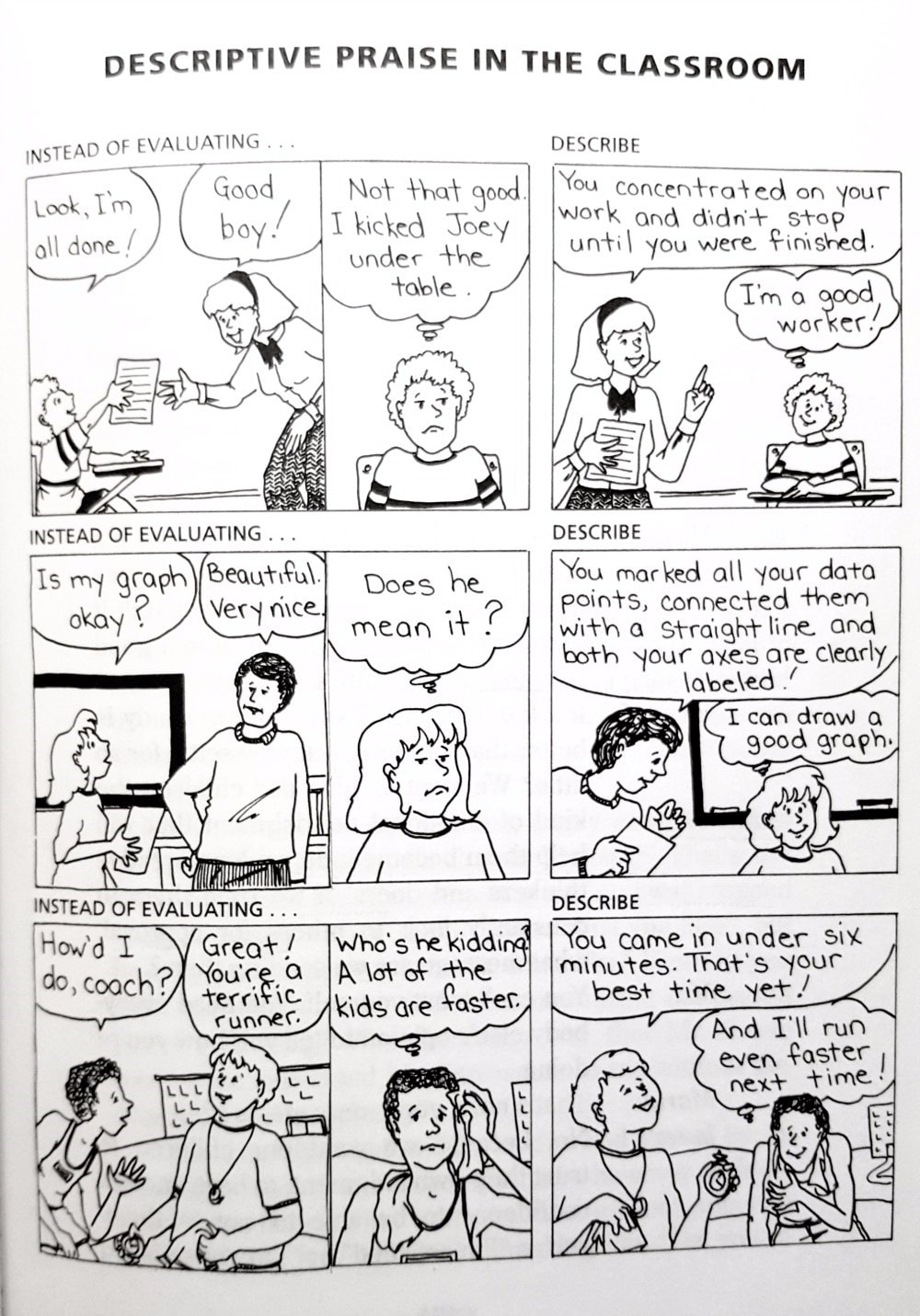
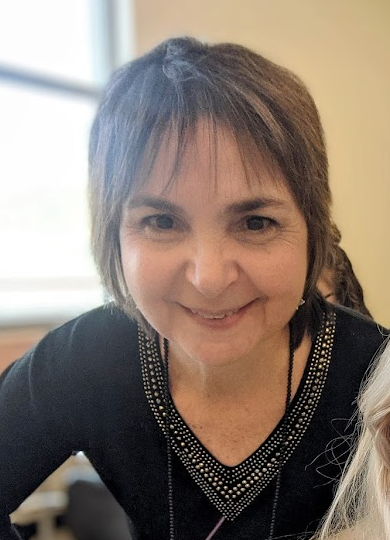
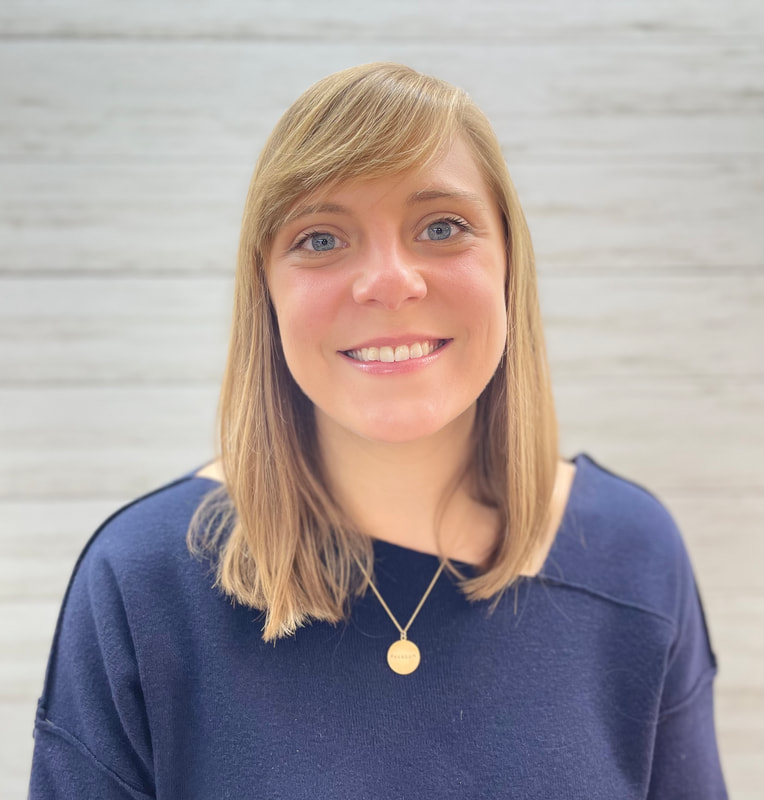
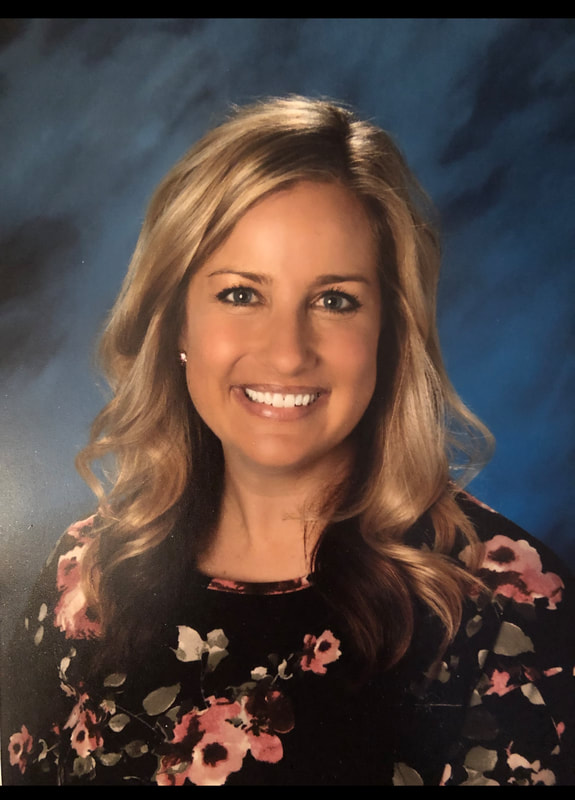
 RSS Feed
RSS Feed